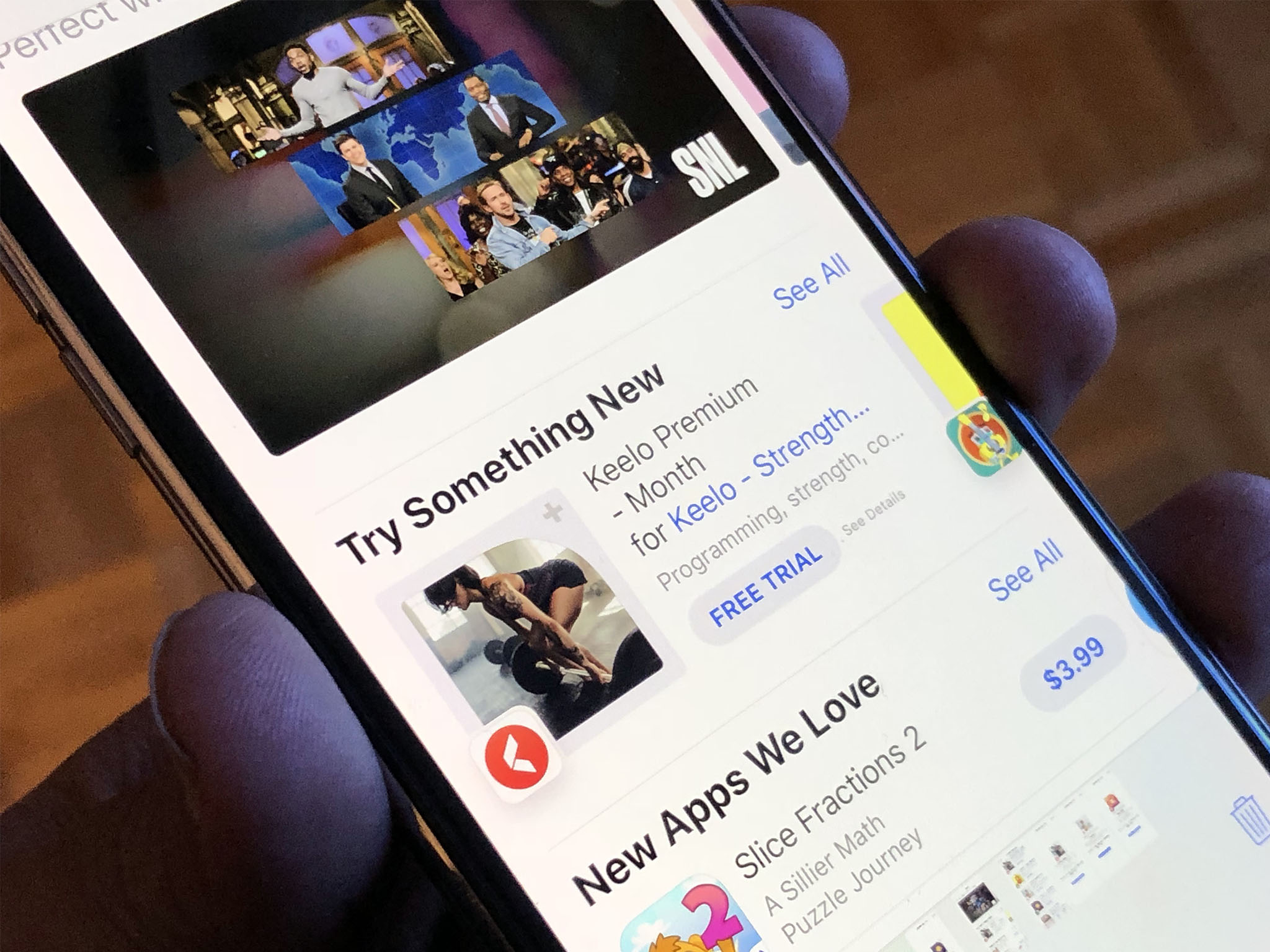Bipartisan Big Tech competition bill a really bad idea, says Michael Bloomberg

What you need to know
- Bloomberg's Founder has slammed a bipartisan effort to legislate against Big Tech.
- Michael R. Bloomberg says that emerging legislation would drive up costs, limit consumer choice, reduce innovation, and undermine competition.
- He also warned that it could possibly outlaw popular services "that Americans use every single day."
The founder and majority owner of Bloomberg, Michael R. Bloomberg, has said that the 'American Innovation and Choice Online Act' is a terrible idea that could harm consumers and workers.
In a new piece for the outlet that bears his name, Bloomberg writes:
I have always believed we need more bipartisanship in Washington, but just because an idea is bipartisan doesn't make it good. A bill now making its way to the Senate floor is a perfect example.
He claims that the bill is "misleadingly titled" and that by taking a swing at big tech companies like Apple, Amazon, and Google the Senate "would hit American consumers and workers on the nose, knocking both backward."
While "great in theory", Bloomberg says that the bill fails to understand the technology industry and how it works, and warned that "...in practice, the bill would impose immense costs, limit consumer choice, reduce innovation, undermine competition, and — quite possibly — outlaw some of the most popular services that Americans use every single day."
In more detail, Bloomberg says the bill's attempt to stop "self-preferencing" label "standard business practices" as harmful:
Lots of businesses offer configurations of products and services in ways that are attractive to customers, often for both price and convenience. Doing this can allow companies to enter — and potentially disrupt — new markets, to the great advantage of customers.Yet the bill views such standard business conduct as harmful. It would require covered companies — essentially Amazon, Apple, Google, Facebook and TikTok — to prove that any new instance of preferencing would "maintain or enhance the core functionality" of their business.
Not mincing words, Bloomberg goes on to say that bill is "draconian" and would "fatally" undermine the trial-and-error process that leads to innovation, with companies wary of the legal risks of asking the government for permission "to find new product combinations that appeal to consumers".
He also said the bill threatened to derail "immensely popular" services like Amazon Prime and concluded by stating that "Bills like this happen when lawmakers try to channel animus toward tech companies into high-minded legislation, with insufficient concern for the unintended consequences" and that the bill deserved a "bipartisan burial."
iMore offers spot-on advice and guidance from our team of experts, with decades of Apple device experience to lean on. Learn more with iMore!
Emerging legislation targeting companies like Apple in both the U.S. and abroad are seeking to loosen Apple's grip on the App Store, the only mode of software distribution on all of Apple's best iPhones and iPads.

Stephen Warwick has written about Apple for five years at iMore and previously elsewhere. He covers all of iMore's latest breaking news regarding all of Apple's products and services, both hardware and software. Stephen has interviewed industry experts in a range of fields including finance, litigation, security, and more. He also specializes in curating and reviewing audio hardware and has experience beyond journalism in sound engineering, production, and design.
Before becoming a writer Stephen studied Ancient History at University and also worked at Apple for more than two years. Stephen is also a host on the iMore show, a weekly podcast recorded live that discusses the latest in breaking Apple news, as well as featuring fun trivia about all things Apple. Follow him on Twitter @stephenwarwick9
